-
About
- About Listly
- Community & Support
- Howto
- Chrome Extension
- Bookmarklet
- WordPress Plugin
- Listly Premium
- Privacy
- Terms
- DMCA Copyright
- © 2010-2025 Boomy Labs

 Christian Piatt
Christian Piatt
Listly by Christian Piatt
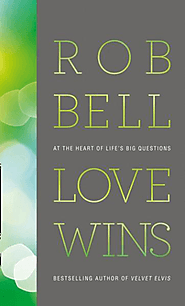
At the Heart of Life's Big Questions Hardcover Published: 17th March 2011 Bestselling author Rob Bell returns with a provocative new book which gets to the heart of questions about life and death. His perspective, encapsulated by his famous slogan 'love wins,, will surprise and challenge both Christians and atheists, and will inspire people of all faiths and none.
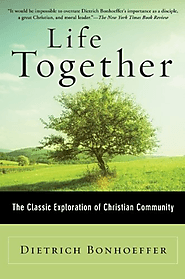
"When I think of Dietrich Bonhoeffer, some words Gorky used of Tolstoy come into my mind--'Look what a wonderful man is living on the earth.'" -- Malcolm Muggeridge, author of Jesus
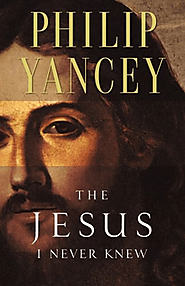
An old adage says, "God created man in His own image and man has been returning the favor ever since." Philip Yancey realized that despite a lifetime attending Sunday school topped off by a Bible college education, he really had no idea who Jesus was.
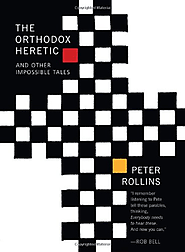
Don't be fooled by the slender spine of this unusual book. Rollins, the Irish philosopher/po-mo theologian who has previously published How (Not) to Speak of God and The Fidelity of Betrayal, upends some of Christians' most cherished platitudes about God in his newest outing.
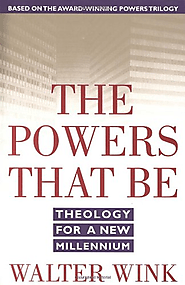
"Perhaps we are not accustomed to thinking of the Pentagon, or the Chrysler Corporation, or the Mafia as having a spirituality, but they do," writes Walter Wink. In The Powers That Be: Theology for a New Millennium, Wink returns to the ancient view of a world filled with angels and demons, powers and principalities, and reinterprets these notions for contemporary people.
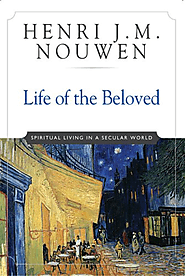
A beautiful and sensitive book that reaches out to the believer. --Church and Synagogue Library AssociationAnyone who is searching for the Spirit of God in the world today will benefit from reading it. --HorizonsFor those unfamiliar with his work, this volume is a wonderful place to begin. Another significant achievement.
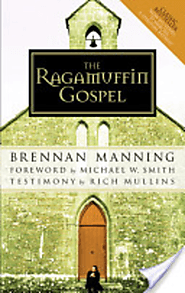
A Furious Love Is Hot on Your Trail! Many believers feel stunted in their Christian growth. We beat ourselves up over our failures and, in the process, pull away from God because we subconsciously believe He tallies our defects and hangs His head in disappointment.
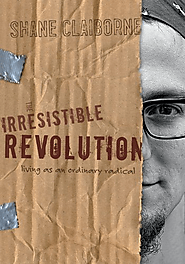
Starred Review. If there is such a thing as a disarming radical, 30-year-old Claiborne is it. A former Tennessee Methodist and born-again, high school prom king, Claiborne is now a founding member of one of a growing number of radical faith communities. His is called the Simple Way, located in a destitute neighborhood of Philadelphia.
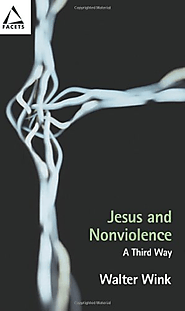
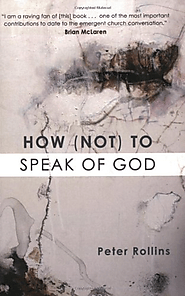
In the first half of this powerful but frustratingly opaque book, debut author Rollins summarizes some of the theological ideas that the so-called emerging church is currently exploring: the importance of doubt and silence, the limits of apologetics, and the idea that God is concealed even as God is revealed.
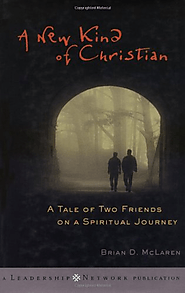
McLaren, pastor and author of The Church on the Other Side, proposes that postmodernism is the road to take in order to move on from the current stalemate between conservative evangelical and liberal Christians. His books are part of his activist work to promote "innovation, entrepreneurial leadership and a desire to be on the leading edge of ministry."
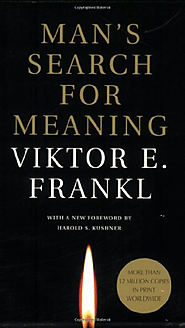
One of the great books of our time. -Harold S. Kushner, author of When Bad Things Happen to Good People"One of the outstanding contributions to psychological thought in the last fifty years."-Carl R. Rogers (1959)"An enduring work of survival literature." -New York Times"An accessible edition of the enduring classic.
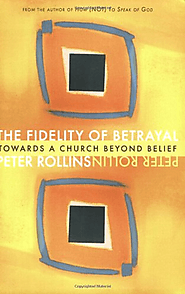
Rollins possesses the freshest theological voice of the emerging church movement. The leader of an ecclesial community called Ikon that meets in pubs in his native Northern Ireland came out of nowhere with his How (Not) to Speak of God in 2006, where he made the tools of postmodern philosophy accessible to nonspecialists.
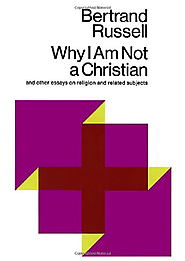
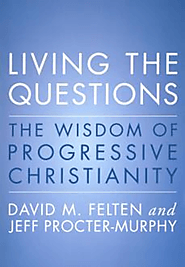
In “Living the Questions: The Wisdom of Progressive Christianity” (HarperOne, 2012), United Methodist pastors David Felten and Jeff Procter-Murphy present a lively and stimulating tour of what it means to be a “progressive” Christian. Bringing together the voices of top Bible scholars, church leaders, and theological thinkers —including Marcus Borg, Diana Butler Bass, John Dominic Crossan, Brian McLaren, Helen Prejean, and John Shelby Spong— this “intro” to progressive Christianity explores theological and spiritual matters that many churches are afraid to address.
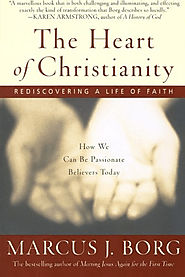
Borg follows up two of his previous releases about the Bible and Jesus with a volume that could easily have played on those titles, because this highly readable book is essentially about looking at Christianity again for the first time.
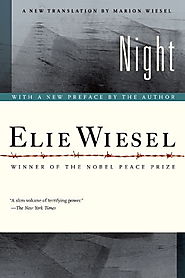
In Nobel laureate Elie Wiesel's memoir Night, a scholarly, pious teenager is wracked with guilt at having survived the horror of the Holocaust and the genocidal campaign that consumed his family. His memories of the nightmare world of the death camps present him with an intolerable question: how can the God he once so fervently believed in have allowed these monstrous events to occur?
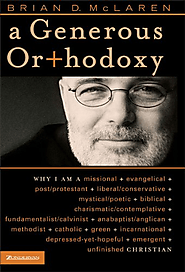
this book will make you think. In a time when wee seem to be preaching intolerance in the name of God, McLaren's book is a voice of reason. -- YouthWorker (YouthWorker )
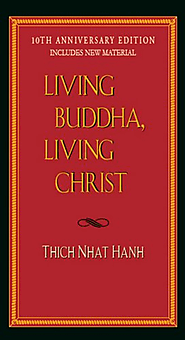
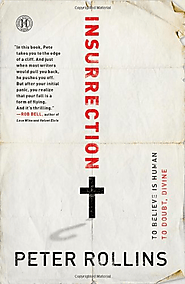
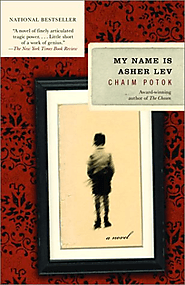
"A novel of finely articulated tragic power. . . . Little short of a work of genius." --The New York Times Book Review "Memorable. . . . Profound in its vision of humanity, of religion, and of art."--The Wall Street Journal"Such a feeling of freshness, of something brand-new. . .
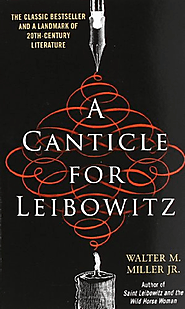
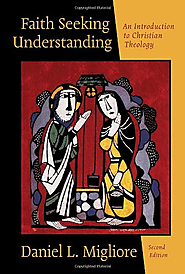
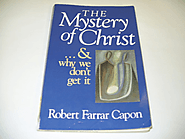
Capon's theme is the understanding of the Christian concept of grace through faith; he feels that this "mystery" is in this world, not some mystical experience of another realm. The popular idea that the goal of Christianity and the church is to make people "nonsinners" is replaced, in his argument, with the understanding that God's grace makes people "sin-forgivers."
